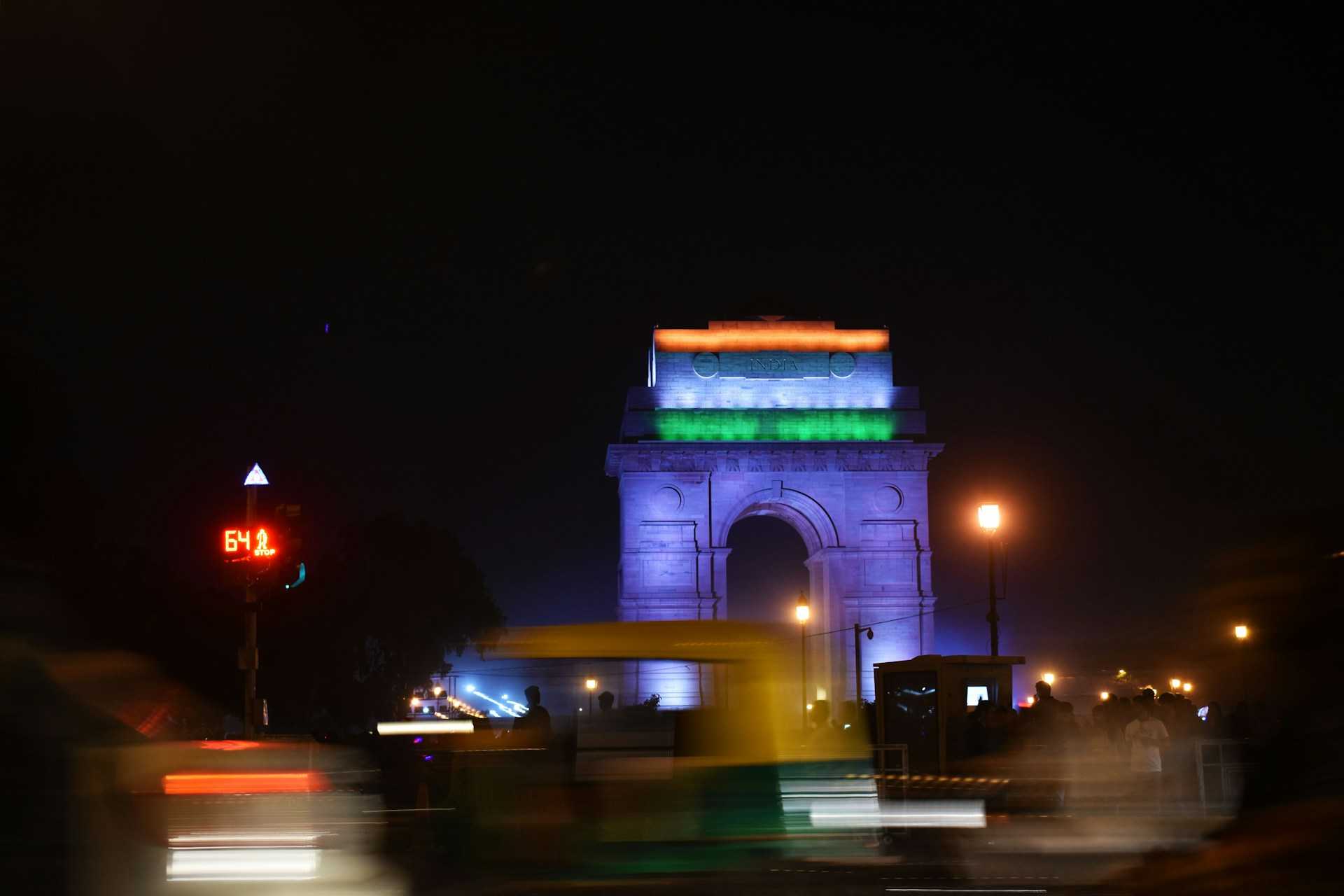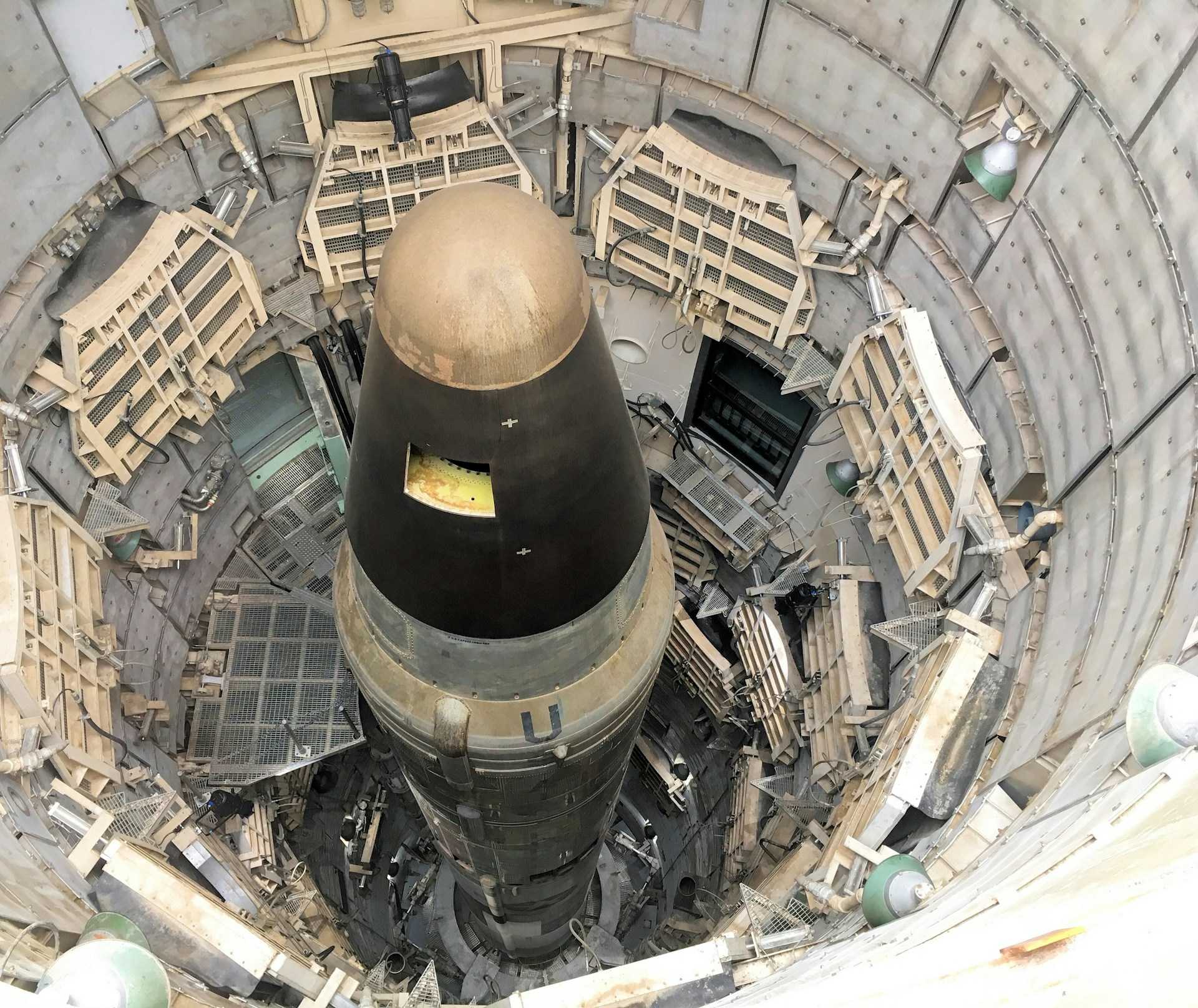
Everything You Need to Know About COP29: Baku Summit and UNFCCC Negotiations
The COP29 summit, held in Baku, Azerbaijan from November 11–22, 2024, brought global leaders together under the theme “Investing in a Livable Planet for All.” While it built on the momentum of COP28, which focused on the urgent need to triple renewable energy capacity and transition from fossil fuels, COP29 was marked by both optimism and significant challenges. Azerbaijan’s role as host, despite its reliance on fossil fuels, reflected the broader tensions in the global climate discourse.
The summit underscored the urgency of meeting the 1.5°C global warming target, with key discussions on climate finance, equitable energy transition, and adaptation strategies. However, disagreements on these issues led to delays in achieving consensus, leaving major topics unresolved for COP30. Developing nations, in particular, expressed dissatisfaction with the financial pledges, highlighting the ongoing divide between the Global North and South.
While the summit achieved some progress, including tripling funding for adaptation, the inability to make substantial advances on fossil fuel dependence and climate finance left many disappointed. Looking ahead to COP30, the global community faces an uphill battle to unite under a common goal and deliver the resources needed to address the climate crisis effectively.


